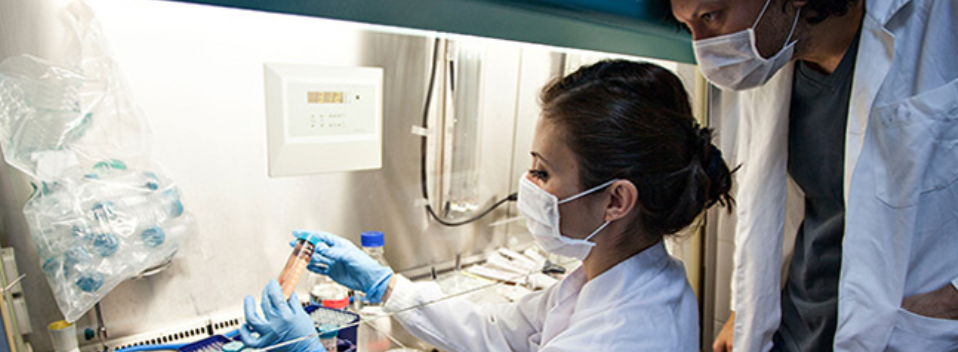
School of Medicine Publications and Presentations
Document Type
Article
Publication Date
2-2020
Abstract
Objective
Hospital-acquired aspiration pneumonia remains a rare but potentially devastating problem. The best means by which to prevent aspiration in a cancer hospital population has not been evaluated. The aim of this study was to evaluate the impact of dysphagia screening on aspiration pneumonia rates in an acute care oncology hospital.
Methods
A prospective single-institution quality-improvement dysphagia screening protocol at a comprehensive cancer center. Effect of dysphagia screening implemented in 2016 on hospital acquired aspiration pneumonia rates coded “aspiration pneumonitis due to food/vomitus” were compared with rates from 2014-15, prior to implementation. Screening compliance, screening outcomes, patient demographics, and medical data were reviewed as part of a post hoc analysis.
Results
Of 12,392 admissions in 2014-16, 97 patients developed aspiration pneumonia during their hospitalization. No significant change in aspiration pneumonia rate was seen during the dysphagia screening year when compared to prior years (baseline- 7.36 and screening year- 8.78 per 1000 discharges p=0.33). Sixty-eight of the cases (66%) were associated with emesis/gastrointestinal obstruction or perioperative aspiration and only 15 (15%) with oropharyngeal dysphagia. Multivariate analysis found that patients admitted to GI surgery had an aspiration risk equivalent to patients admitted to head and neck, thoracic and pulmonary services (OR 0.65, p= 0.2).
Discussion:
Nursing-initiated dysphagia screening did not decrease aspiration pneumonia rates. The causes of aspiration-associated pneumonia were heterogeneous. Aspiration of intestinal contents is a more common source of hospital-acquired pneumonia than oropharyngeal dysphagia.
Recommended Citation
Ebersole, B., Lango, M., Ridge, J., Handorf, E., Farma, J., Clark, S., & Jamal, N. (2020). Dysphagia Screening for Pneumonia Prevention in a Cancer Hospital: Results of a Quality/Safety Initiative. Otolaryngology--head and neck surgery : official journal of American Academy of Otolaryngology-Head and Neck Surgery, 162(2), 220–229. https://doi.org/10.1177/0194599819889893
Publication Title
Otolaryngology--head and neck surgery : official journal of American Academy of Otolaryngology-Head and Neck Surgery
DOI
10.1177/0194599819889893
Academic Level
faculty
Mentor/PI Department
Surgery



Comments
Copyright notice